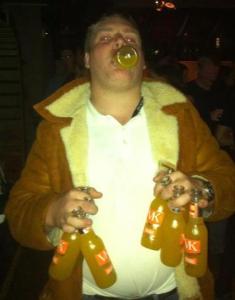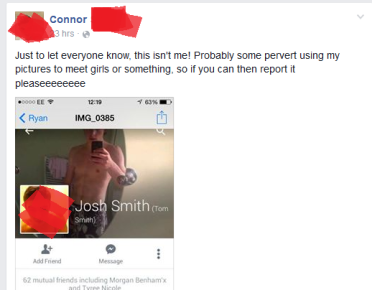
I even made it on TV
As a Computer Scientist, I will let the numbers do the talking for what has happened to my digital profile over the past 3 months… (Note, all stats and data used accurate on 26 Dec 2015)
A Full Brand Makeover

As you can see, I have 515% increase in followers, with a similar 540% increase in total number of tweets.

Here on my about.me page, you can see the brand start to build up with the consistent colour scheme.
This image used in my LinkedIn is also my Gravatar profile image, which tries to make your Profile images consistent to create a ‘Brand’.

Here on my Google+ page you can see the ‘Brand’ appearing again – with an impressive amount of views on my page.
So as you can see, my brand is a lot more clear than it was before.
WordPress Success
My blog was a success, both in terms of outreach and quality. Below are the statistics I will discuss.

337 views on all my posts is fairly impressive for the blogging, with a high visitor number of 112. I have had views from the MANG students in Singapore. But most interesting is the success of me sharing my blog on Twitter – showing the success of my digital profile.
So whats changed?
- I have begun to actually use Twitter.
- I have a Gravatar account and have steamlined my online profiles.
- New LinkedIn profile, new WordPress account, new Google+ account and I have opened up a about.me web-page.
I have broadened my online portfolio from just Facebook and Google – to an array of professional profiles, with a new professional look and feel for my portfolio. I now have a large digital footprint online.
Points Learned
In a sentence:
I am a Digital Native/Resident who now has a single professional online identity with the knowledge that my profile is snooped and spied on, whilst I and others can be guilty of unconscious bias and have an ‘Open’ profile.
I’ve learnt many topics, mainly relating to how I now interact with the internet. It’s changed my views and my actions online.
I have LinkedIn, with 44 Connections because I have been shown the importance of an online profile, as you can see from reading Jamie Blythes’ blog.
As you can see from my research into Social Media discrimination, In my self test and as you can see in my blog post, I can be guilty like many others of unconscious bias. So I have to now make conscious decisions knowing this, to ensure I am not bias to anyone based on any personal variables.
I now have a single node for my online portfolio at about.me/toddlynes. Whilst on these profiles I’ve connected on it, I must be careful online as I have learned from others blogs like Max’s blog. As what I post online can be seen by employers and authorities.

Quantitative reflective change. Feeling more confident in myself and my profiles.
It’s been a journey I’ve enjoyed and I’ve benefited from and will help me in the future.
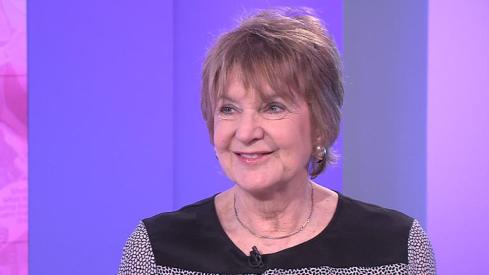


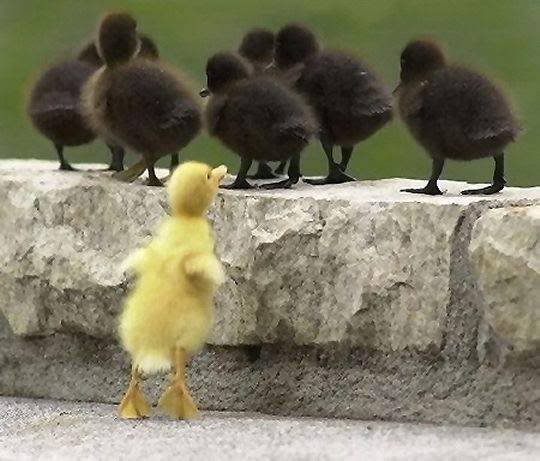
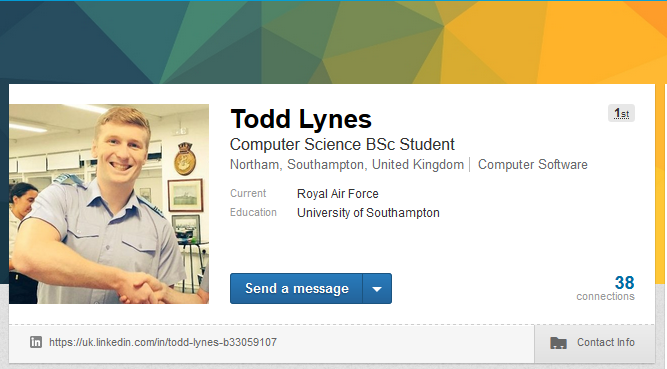
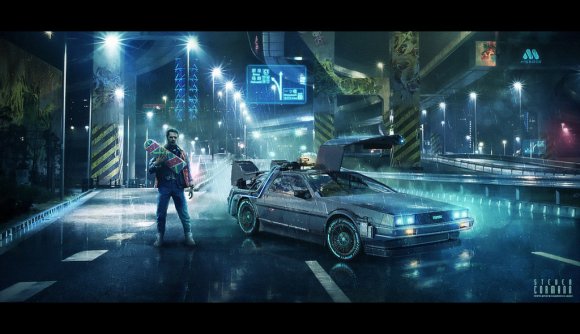


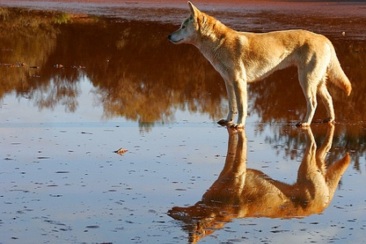
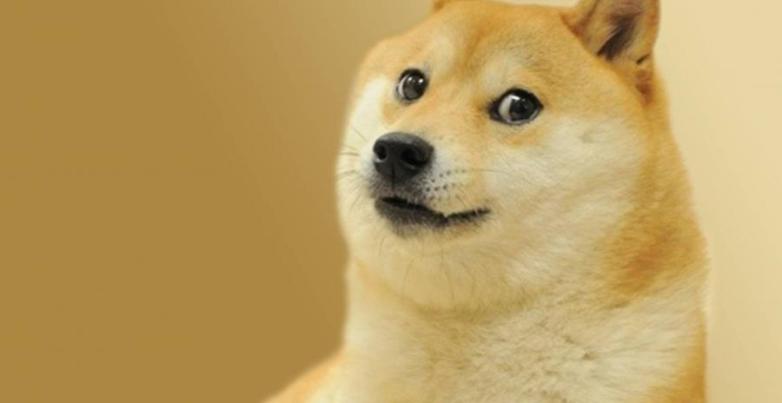
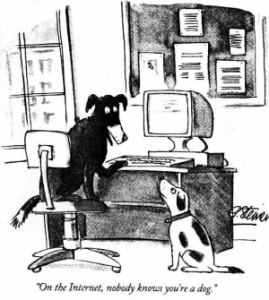 This was posted in 1993 – a whole 22 years ago, in the early days of the internet, yet the cartoon could not be more relevant today.
This was posted in 1993 – a whole 22 years ago, in the early days of the internet, yet the cartoon could not be more relevant today.